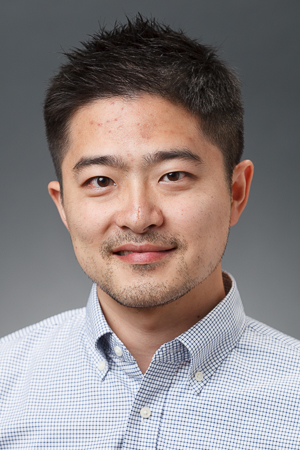Dickinson College is closed Sunday, Jan. 25 through Monday Jan. 26.
Faculty Profile
Rui Zhang
Associate Professor of Psychology (2015)Contact Information
on sabbatical Spring 2026
Kaufman Hall
717-254-8329
Bio
Professor Zhang's research examines the dynamic of psychological responses to cultural change in varying contexts. One such context involves societies that undergo rapid changes driven by the accelerated globalization processes. In another context of change that results from migration, he studies the psychological processes and consequences of biculturalism or acquiring two cultural identities.
Education
- B.A., Shanghai International Studies University, 2004
- M.A., 2007
- Ph.D., University of Alberta, 2013
2025-2026 Academic Year
Fall 2025
PSYC 350 Rsrch Meth in Cult Psych
Cultural psychology is the study of psychological processes shaped by cultural context. In this course, students will learn about various research methods used in cultural psychology. To compare cultures and subcultures, cultural psychologists have employed a wide array of methodological tools; we will focus on survey, quasi-experimental, and experimental methods. We will discuss the application of these methods to cultural psychology research, especially in relation to topics of validity, bias/equivalence, causal inference, and replication. This intensive lab course will culminate in the design and implementation of a research project in the area of cultural psychology. Three hours lecture and three hours laboratory a week. Prerequisite: 135, 140, 150 or 175; 210 & 211.
